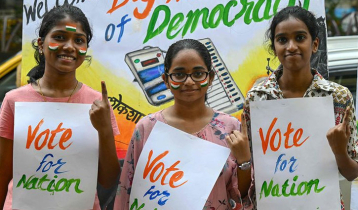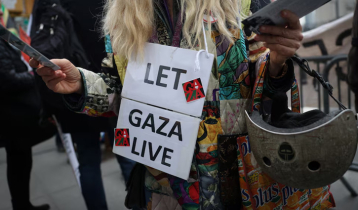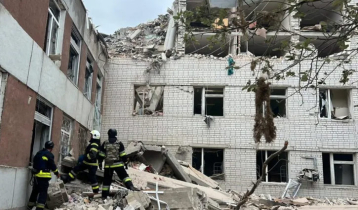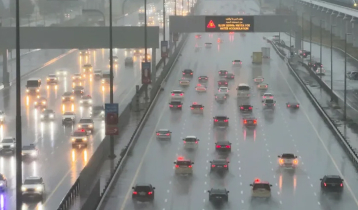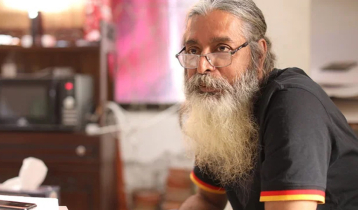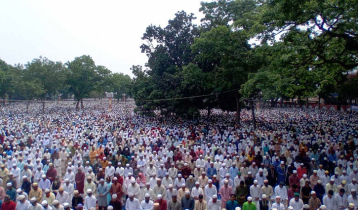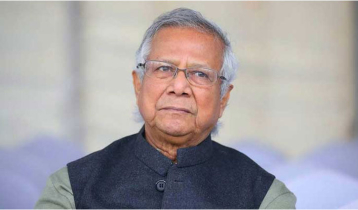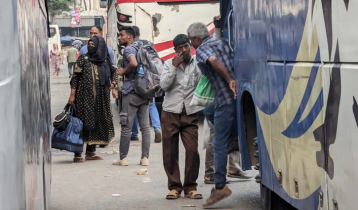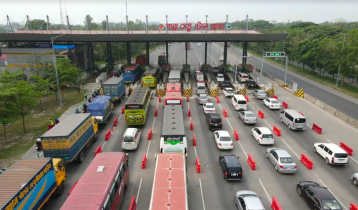Downtown Tokyo’s homeless fear removal ahead of Olympics
8 || risingbd.com
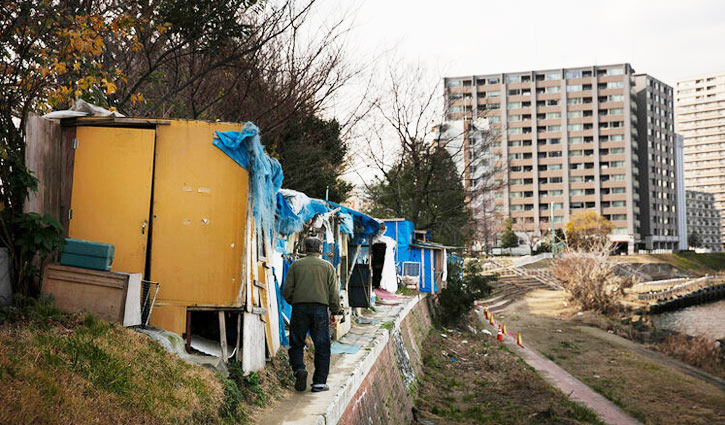
Shelters made of cardboard start popping up in the basement of Tokyo’s Shinjuku train station right before the shutters come down at 11 p.m., in corridors where “salarymen” rushing home and couples on late-night dates have just passed by.
Dozens of homeless people sleeping rough in such spots worry that with Japan’s image at stake authorities will force them to move ahead of the Olympics. Already, security officials have warned them they will likely have to find less visible locations by the end of March.
The former laborers, clerical workers, and others sleeping in cardboard boxes are a not-quite-invisible glimpse of a more pervasive but largely hidden underclass of poor in Japan, a wealthy nation seen as orderly and middle class.
Efforts to clean up what some see as urban blight have preceded every recent Olympics, including those in Beijing, London, and Rio de Janeiro.
Tokyo city officials deny they are moving to force the homeless out specially for the Olympics. They say trying to get them into shelters is part of an overall welfare effort to get them off the streets and find them jobs and housing.
“There is nothing more than the programs we already have in place to help the homeless,” said Emi Yaginuma, a Tokyo city official in charge of such programs.
“We keep trying by making the rounds and talking to them, but all we can do is to try to persuade them.”
In theory, overnight sleeping at train stations is trespassing. In practice, the homeless have long slept in Shinjuku station and other spots. JR East, a major train company servicing Tokyo, doesn’t have regulations on the homeless and employees handle situations as they come up, such as passenger complaints.
Just as the homeless arrive for the night, a public speaker overhead is warning that sleeping in the station isn’t allowed.
As preparations for the Olympics began years ago, homeless people camping in a park in Tokyo’s Shibuya were forced out to make way for development and a soup kitchen program there was moved to another, less visible park nearby. Advocates for the homeless fear that was just the start.
Homeless people were evicted in 2016 from a park near where the New National Stadium was built, the main arena for the Olympics.
Like the United States, Japan has a relatively high poverty rate for a wealthy nation. It also is less generous with social welfare than countries in Europe, and lacks the sorts of private charities prevalent in the United States.
Nearly 16 percent of Japanese fall below the poverty rate, with annual income below the cutoff of 1.2 million yen ($11,000), according to 2017 Japanese government data. The poverty rate for single-adult households with children is way higher, at 51 percent.
The unraveling of extended family support networks and job insecurity have left many in Japan vulnerable to setbacks that can lead to homelessness. Japan’s culture of conformity leaves many, including families, ashamed to seek help.
Source: thediplomat.com
Dhaka/Nasim
risingbd.com


